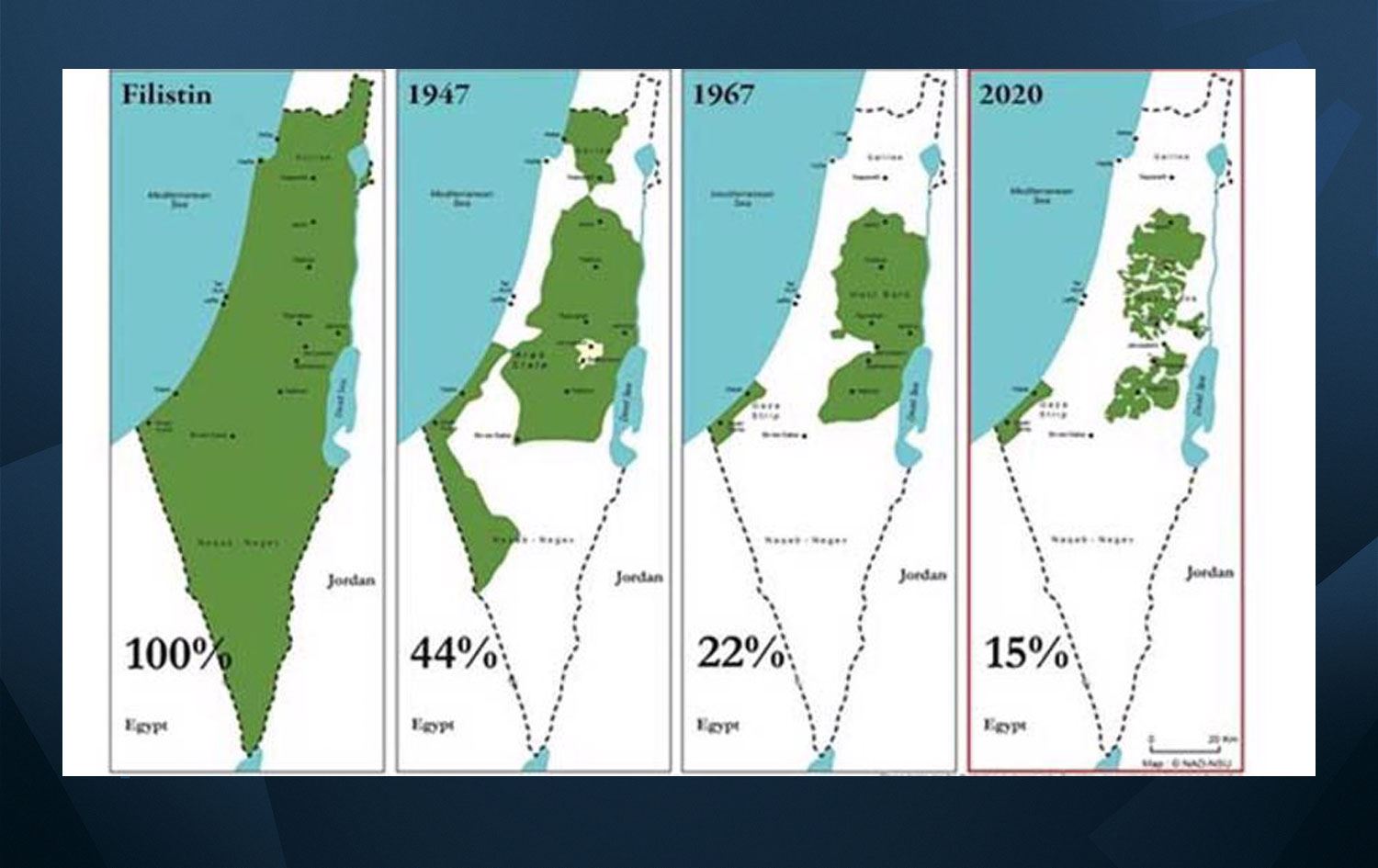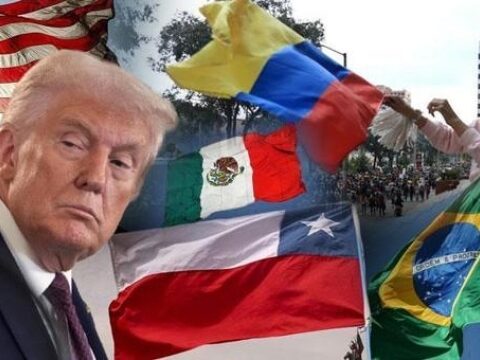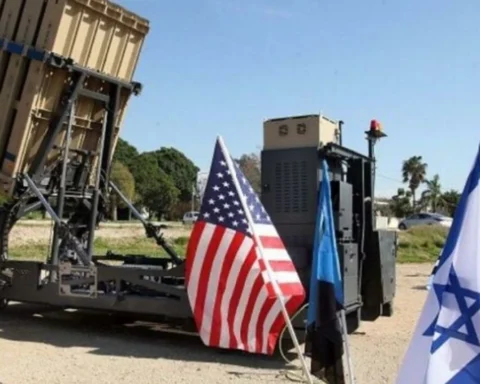The rush by several European governments in September to recognize a “State of Palestine” may appear, to some, as a step toward peace. In reality, it is political theater masquerading as progress. By granting symbolic rewards in the wake of the October 7 massacre, Western leaders risk reinforcing the most dangerous lesson of modern conflict: that atrocities can yield diplomatic dividends.
This subsequent release of the remaining living Israeli hostages offers a moment of moral clarity. Their families were torn apart by the worst mass killing of Jews since the Holocaust. That their loved ones are finally returning home is cause for relief, but also reflection. This moment reminds us of what real progress requires: pressure, negotiation, and accountability – not applause lines from parliaments thousands of miles away.
Statehood cannot be conjured into existence by virtue signals. A viable state requires functioning institutions, secure borders, unified leadership rooted in legitimacy, and the ability to maintain law and order. None of those conditions exist today for Palestinians. In Gaza, Hamas rules by terror and rejects any peaceful coexistence with Israel. In the West Bank, the Palestinian Authority is paralyzed by corruption, fragmentation, and a chronic lack of legitimacy. Recognition from foreign capitals does nothing to unify these factions, disarm extremists, or build the rule of law. Instead, it confers the illusion of sovereignty without any of its substance.
Some Western governments justify their recognition as an act of principle, invoking the rights of Palestinians to self-determination. But this framing ignores both history and incentives. For much of the twentieth century, Palestinian Arabs did not conceive of themselves as a distinct nation. Rather, they saw themselves as part of the broader Arab nation and, more specifically, as belonging to Greater Syria, whose cultural and political center was Damascus. The idea of a separate Palestinian people only formed in the 1970s, as a consequence to post-1967 realities and Cold War politics that instrumentalized Palestinian identity as a proxy tool against the West and Israel.
Even the Palestine Liberation Organization (PLO), when it was founded in 1964, explicitly disclaimed any claim to the West Bank or Gaza, territories then controlled by Jordan and Egypt. Its original purpose was not to establish sovereignty there, but to contest Israel’s existence within its post-independence borders. Only after Israel’s victory in the Six-Day War did the PLO retroactively redefine the boundaries of its struggle and begin framing itself as the representative of a distinct “Palestinian people.” This reframing, later amplified by Soviet and Arab League diplomacy, gave rise to the modern narrative of Palestinian nationhood as separate from the pan-Arab identity that had defined earlier decades.
International legal history tells a parallel story. While mandates for Iraq, Syria, and Lebanon were designed to establish Arab states, the Palestine Mandate was uniquely intended to create a Jewish national home, not an Arab state west of the Jordan River. To address Arab aspirations, Britain carved out 77% of the original Mandate to create Transjordan. The idea of recognizing another Arab state in the remaining territory has always been at odds with the original intent of the Mandate system.
Nonetheless, beginning in the 1970s, Cold War dynamics reshaped international discourse. The Soviet bloc, the Arab League, and the Non-Aligned Movement spearheaded a campaign within the United Nations to reframe the Palestinian cause as that of a distinct “people” entitled to sovereignty. Year after year, the General Assembly adopted non-binding resolutions enshrining this narrative. Over time, political repetition created the illusion of legal consensus. But repetition is not reality; it’s how propaganda attempts to make fiction appear as fact.
Even after this reframing, Palestinians were presented with multiple opportunities to build sovereignty, and each time responded with violence. After the Oslo Accords of the 1990s, instead of institution-building, factions launched waves of suicide bombings. In 2000, when Israel offered nearly all the West Bank and Gaza at Camp David, Yasser Arafat walked away, triggering the Second Intifada. In 2005, Israel unilaterally withdrew from Gaza, uprooting every settlement. Hamas responded not with peace, but with rockets and eventually with the October 7 massacre.
Recognition in this context sends the worst possible message: that terror is not a moral failing, but a strategic investment. If suicide bombings, rocket wars, and the murder of children are followed by diplomatic upgrades, why would rejectionists change course? To them, recognition is not the culmination of peace – it’s a reward for its absence.
Nor can recognition substitute for sovereignty. A state requires defined territory, permanent population, functioning government, and the capacity for foreign relations. None of these exist in Palestinian hands today. What exists instead is divided leadership, fractured governance, and active terror infrastructure. Symbolic recognition does nothing to address this, except to incentivize more violence.
Worse, it hardens Israeli skepticism. When Western governments recognize a Palestinian state outside of negotiations, it tells Israelis that concessions yield not peace, but condemnation and pressure. It makes an already fragile trust nearly impossible to rebuild.
This is not just an Israeli–Palestinian problem. It reflects a broader diplomatic decay: the substitution of symbolism for substance. Gesture politics have replaced statecraft. But in the Middle East, this transformation carries deadly consequences. When diplomacy becomes theater, the stage is owned by those most skilled at violence.
None of this is to deny Palestinian aspirations. But if those aspirations are to become reality, they must be rooted in the hard work of institution-building, not rhetorical shortcuts. Sovereignty is not a performance – it is a responsibility. It cannot be awarded – it must be earned.
By mistaking theater for diplomacy, we ensure that another generation inherits this conflict frozen in illusion, fueled by grievance, and bereft of solutions.
Source: https://www.geopoliticalmonitor.com/the-mirage-of-palestinian-recognition-optics-over-outcome/






